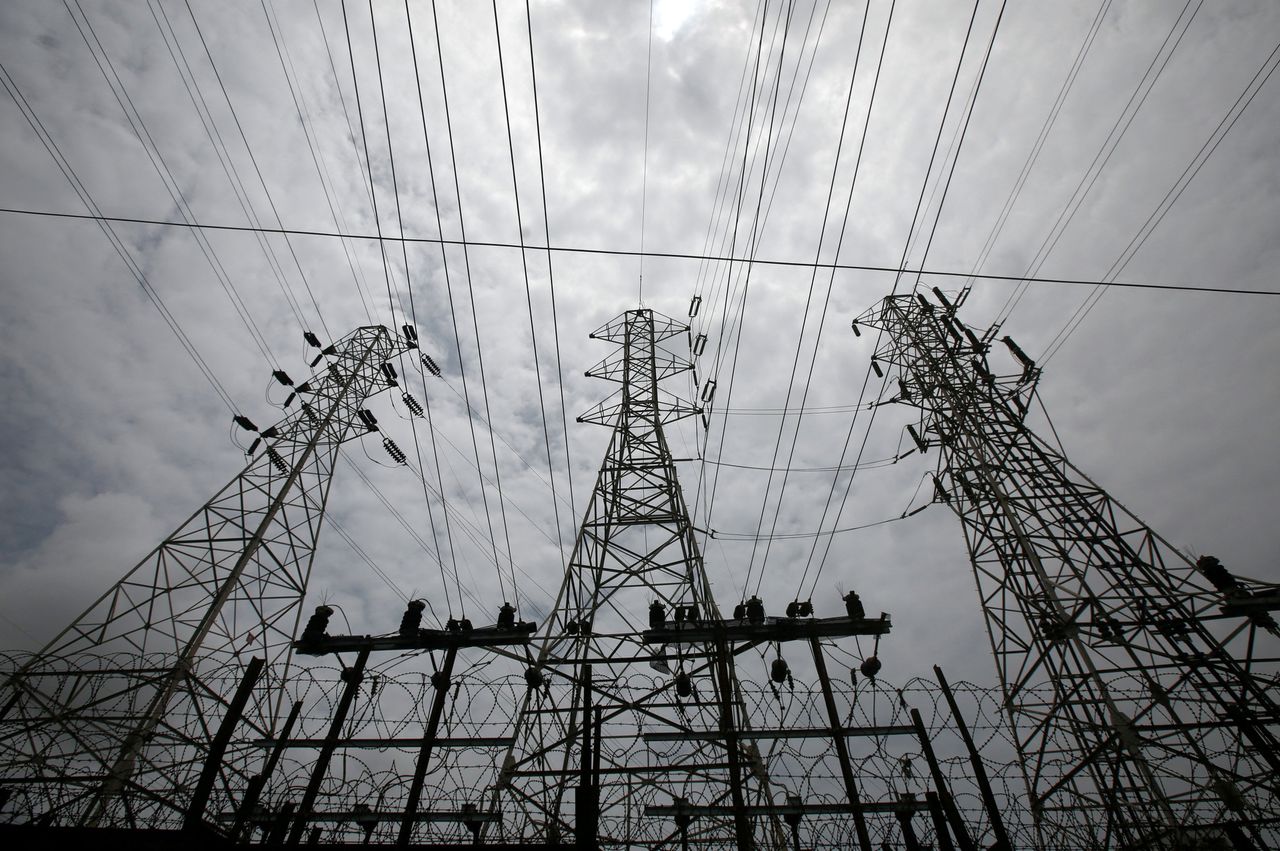Economy Blog Monday, March 24, 2025

More, more, more. The demand for energy in the world continues to grow – And that growth even speeds up. This is apparent from a report from the International Energy Agency (IEA), which appeared this morning.
The global energy demand increased by 2.2 percent last year. That is ‘considerably’ more than the average annual increase of 1.3 percent in the period 2013-2023, according to the IEA In a press release With the report. 80 percent of growth comes from emerging economies As India and China. Especially the electricity production Need more energy: demand grew by 4.3 percent in that sector. What does it mean for the climate?
- The good climate news: « Almost the entire rise in electricity demand was taken care of by energy sources with low emissions, led by the development of solar energy capacity, which records continued to break, » the report can be read.
- The bad climate news: The grown electricity use was largely due to « record -high global temperatures, which pushed the demand for cooling ». So roaring air conditioners. 15 percent of the increase in energy demand was due to climate warming, according to the IEA. In addition, the growing demand of industry and the rise of data centers played a role.
A round of news sites and press agencies also yielded, this morning:
- Operations are canceled, waiting lists are getting longer: the ambition in healthcare not to hire self -employed people and temporary workers leads to problems. In the The Hague region, it is forced Returned to flex workers,, » it writes FD .
- The big A-brands In the supermarket, such as Heineken, Douwe Egberts and Calvé, have had a bad year, reports the NOS. The total sale of the 100 largest A-brands fell by 9 percent in 2024 compared to a year earlier. « A-brands are becoming less and less relevant in the supermarket, » says Retail Trade Director at the Circana research agency, Irene Hendriksen. It is partly due to the preference of consumers for fresh products and due to conflicts between manufacturers of the brands and the supermarket industry.
- One in five young people was once victims of one Nepwebwinkel, A product was not delivered after payment and the money had disappeared. Wijzer reports this in Geldzaken, an initiative of the Ministry of Finance, based on research among more than a thousand young people aged 16 to 19 years.
- The spirit of reducing the government through the world: in the United Kingdom, Minister of Finance Rachel Rachel Reeves wants to save money by around 10,000 civil servants jobs to delete. On Wednesday she presents figures about the economy and about public finances.

/s3/static.nrc.nl/images/gn4/data133305174-ec8c91.jpg)

/s3/static.nrc.nl/images/gn4/data133306995-b21914.jpg)




